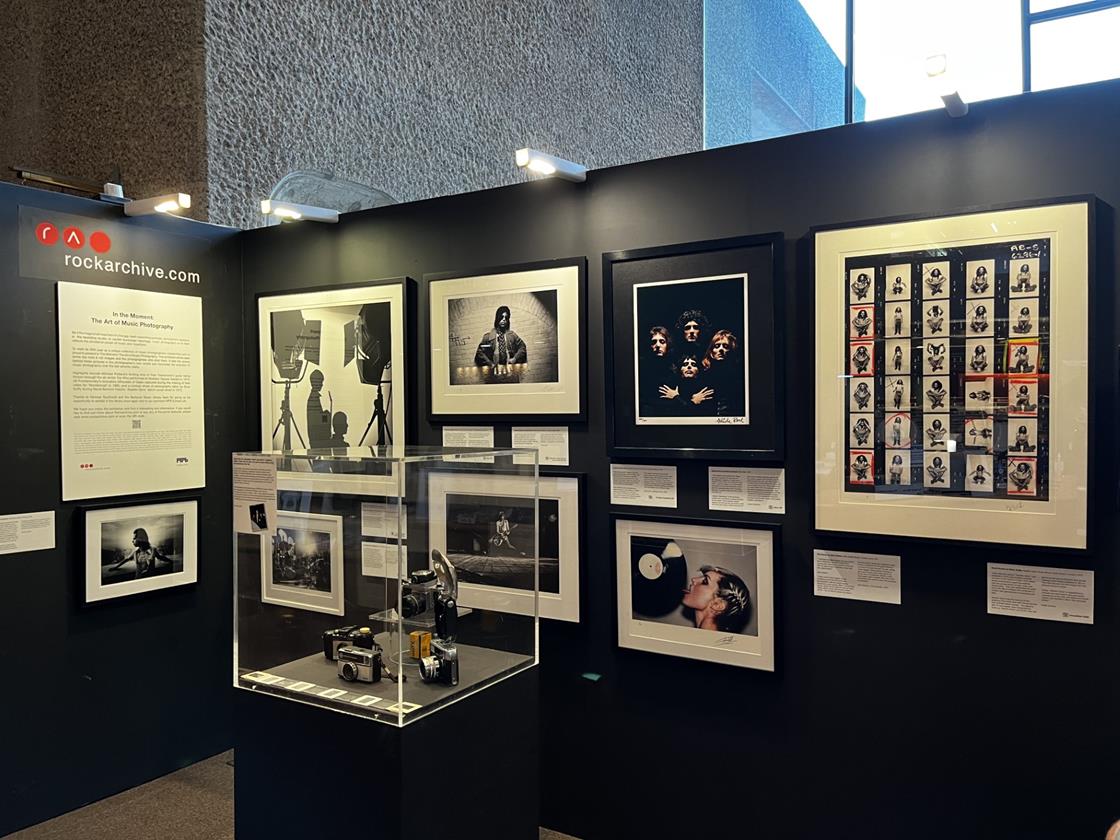Love is the axis all over which Poulomi Basu’s follow turns—often so fast and fervent it turns into blurred. With out adore, it would be unachievable to look so deeply at this kind of unspeakable violence and chaos, as Basu has done, turning the lens on her possess trauma, as nicely as those people felt collectively by females in the particular, private and domestic spheres, and on the frontlines of conflict and eco-disaster.
Just about every component has its opposite. In Basu’s static and moving illustrations or photos, we are submerged into a planet like Plato’s realm of forms: shadows, burning fires, painted bodies, veils, and hybrid forms producing a tense environment, remixing documentary resources Basu collects in often unsafe environments with ideas drawn from the Science Fiction novels of Octavia Butler or films by Jonathan Glazer. The protagonists in this shifting substitute universe, even so, are constantly the South Asian women whose “bodies are internet sites of political warfare” in a patriarchal world—women who have been systematically silenced and subjected to violence but endure. “We are the monsters and the goddess,” suggests Poulomi, “we are magic and the curse—I like that kind of tension, that even in just a violent place there is a beauty, and in a lovely place, there is darkness.”
In the series, Sisters of the Moon (2022), Basu seems in an eco-feminist tale, bathed in ethereal light-weight, the central, Cyborgian character in a dystopian close to foreseeable future. This speculative language that has been steadily evolving in Basu’s practice about the a long time finds elaborate new expressions in Fireflies (2019-2021), a body of photographs and films introduced at Basu’s solo exhibition at Autograph, London before this year. In the photos, Basu seems, in some cases with her mother—both survivors of domestic abuse. The perform bargains with their intertwined, intergenerational trauma, returning bodies to the land to recover. “I wrote myself in these various landscapes where you see me embedded near to earth because I do believe that the deep, divine, female power existed even outside of patriarchal instances, and the male is born out of the female. There was a matriarchal society and planet in advance of it was ruined.”
Provided the ongoing trauma and oppression facing gals, specifically women of all ages of color, inherent in the earlier and endemic in the current, the long run becomes the only practical room in which to consider ourselves. Sisterhood, solidarity, and soaring empathy pour forth in Basu’s will work. And they have designed a difference: an early breakthrough function, Blood Speaks: A Ritual of Exile (2013-2016), on the perilous ritual apply of Chhaupadi in Nepal, exactly where gals experiencing menstrual or postpartum bleeding are banished from their communities to reside in unsafe and unsanitary shelters, resulted in a transform in legislation. “When I was growing up, I genuinely felt like I experienced no electric power. So for me, the operate became about subverting and destroying these electrical power relations.”
However sure up in Basu’s destruction is an act of creation—the generation of a area for adore. As Arundhati Roy when wrote “another earth is not only probable, she is on her way. On a peaceful day, I can listen to her respiration.” —Charlotte Jansen from the Drop 2022 Quarterly



More Stories
Do the Opposite with Your Blog and Newsletter
Curator at Large: Four artists to look out for this February
Amsterdame campaign | Communication Arts